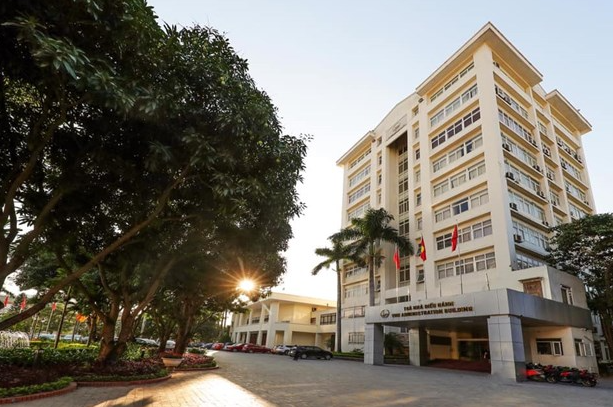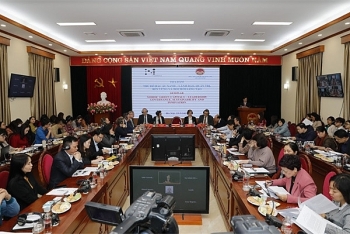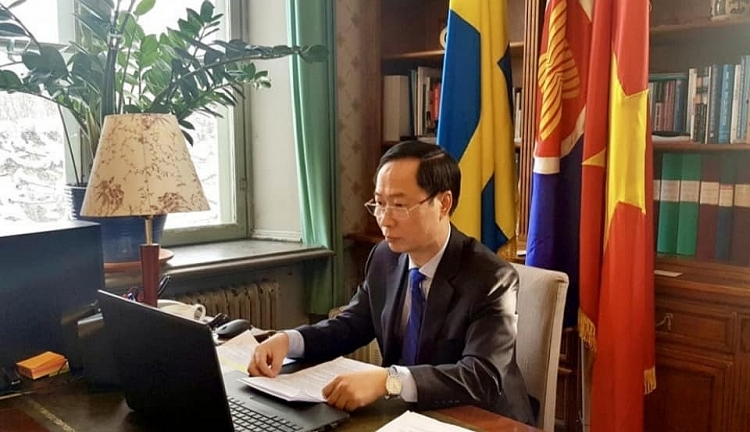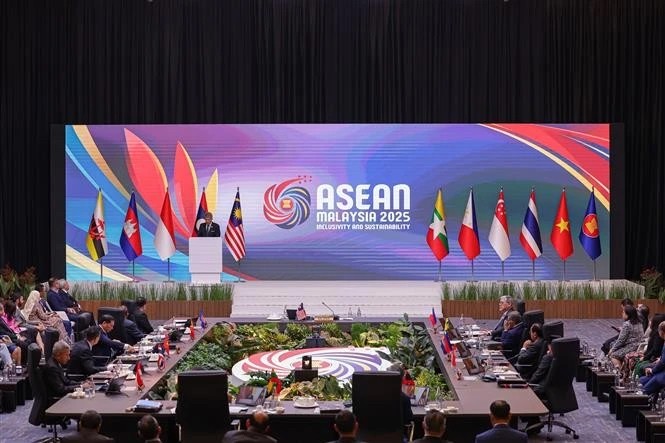Study: over 80 percent of State-owned enterprises in Vietnam aware of responsible business practice
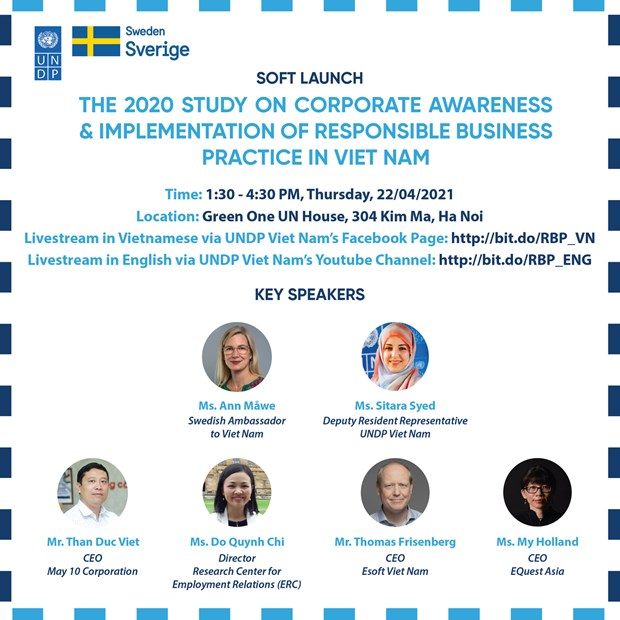 |
| The poster of the event (Source: UNDP Vietnam) |
The UN Development Programme (UNDP) and the Embassy of Sweden in Vietnam announced key findings of the Study on Corporate Awareness and Implementation of Responsible Business Practice in Vietnam in 2020 at an event in Hanoi on April 22, the VNA reported.
The study found that the level of awareness of business enterprises on responsible business practice (RBP) remains low, especially among domestic small private businesses, with less than half of the small domestic enterprises fully understanding of RBP whereas 81 percent of the State-owned enterprises (SOE) understanding the concept and its implications fully.
The study also shows that 84-90 percent of respondents comply fully with existing regulations dealing with labor issues (e.g. insurance; bonus and benefits schemes; safety and hygiene). The corresponding percentage for environmental protection was 50-73 percent. Less than 68 percent of respondents fully adhere to regulations on business governance such as transparent bidding and purchasing, and consumer protection.
The Swedish Ambassador to Vietnam, Ann Mawe, said UNDP in Vietnam, in partnership with the Government of Sweden, has been driving forward responsible business practices since 2019 as part of the regional programme “Promoting Responsible Business Practices through Regional Partnerships in Asia”.
The study focuses on labour, environmental, and governance issues, with the data being collected through focus group discussions, key informant interviews and a survey with 279 respondents.
In the years ahead, the study aims to assist Vietnam in building a national plan of actions on RBP by 2022, which will help the country achieve sustainable development goals and bring its legal framework on a par with international standards.
UNDP Deputy Resident Representative Sitara Syed said despite Vietnam’s rapid, yet relatively inclusive economic growth, and an influx of investment that have brought opportunities, many problems remain. She highly appreciated the Ministry of Justice for leading the design and adoption of Vietnam’s first National Action Plan on Responsible Business Practices by 2022.
Why responsible business?
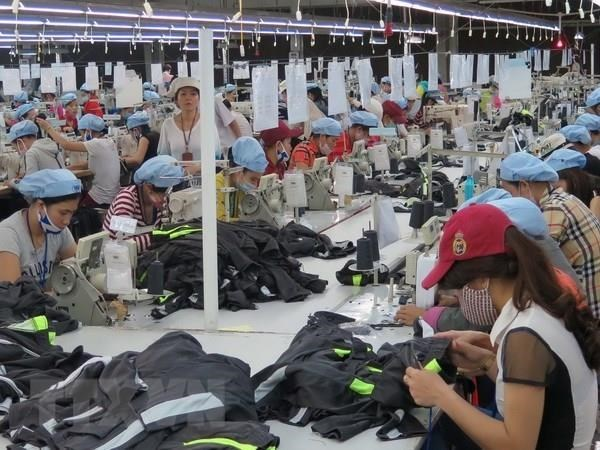 |
| Responsible business practice would help Vietnam attract high-quality and sustainable investment. Photo: VNA |
UNDP Resident Representative in Vietnam Caitlin Wiesen said at a national consultation workshop in 2020 that in the first place, responsible business practice helps Vietnam to attract high-quality and sustainable investment which will contribute to both economic growth and the achievement of the Sustainable Development Goals, which is in line with Resolution 50 of the Politburo, calling for higher quality investments to Vietnam by 2030.
Secondly, as Vietnam has ratified two significant new-generation free trade agreements (FTAs), including the EVFTA and CPTPP, responsible business has become a minimum requirement for Vietnamese businesses to seize opportunities of market access brought about by greater global integration.
Principles of responsible business practice are embedded in these trade agreements. Experience from companies that have met minimum requirements set under FTAs show that that they can significantly reduce operational and legal risks, in addition to enhancing business performance over the longer term, she explained.
“Responsible business practice is essential to ensuring economic growth,” Swedish Ambassador Ann Mawe cited by Hanoi Times at the workshop. “In our experiences, economic growth does not come at the cost of social or environmental development. Sweden has an excellent track record in this regard, making responsible business practice an important component of business development, balancing growth with social dialogue in the workplace and sustainability”.
How to promote responsible business in Vietnam?
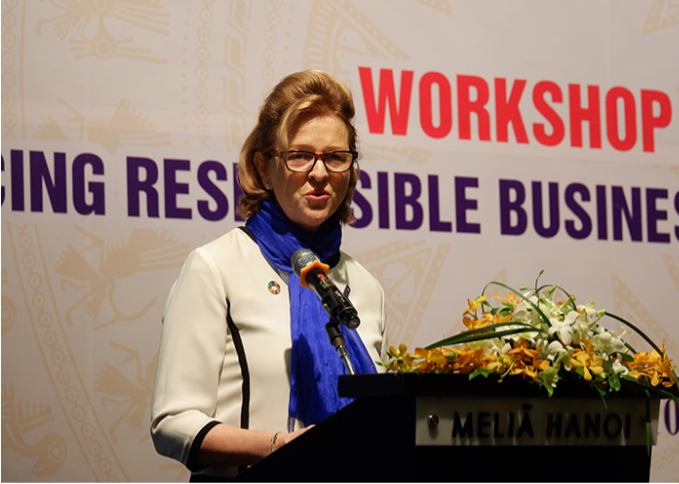 |
| UNDP Resident Representative in Vietnam Caitlin Wiesen. Photo: HanoiTimes |
In Vietnam, efforts to promote responsible business practice have been driven through the lens of sustainable development. The country leaders have recently shifted their focus from a purely economic development strategy, to one of sustainable development.
In 1998, the Politburo issued Directive 36-CT/TW to strengthen environment protection during the industrialization and modernization of Vietnam. In late 2019, the Prime Minister issued Decision 1362/QD-TTg approving a plan for sustainable development of the private sector.
Vietnam is a signatory of many international commitments on trade, labor and other responsible business practice standards to guide domestic law.
Corporate social responsibility is now also part of Vietnam’s obligation towards the EU following the ratification to the EVFTA. With this obligation comes a golden opportunity for Vietnam to decide which kind of foreign investors it wants to attract.
The forming of Domestic Advisory Groups is crucial to ensuring a positive implementation of the EVFTA, said the ambassador. “The Swedish Embassy, together with EU partners, will lend our support and closely follow the development.”/.
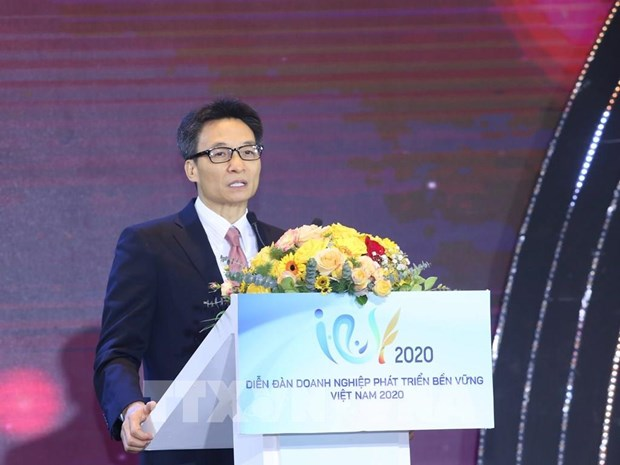 | Foreign enterprises provide solutions for emissions removal in Vietnam Nestlé, Heineken, Unilever recycle wastewater, use renewable energy for production, and reduce emissions into the environment. |
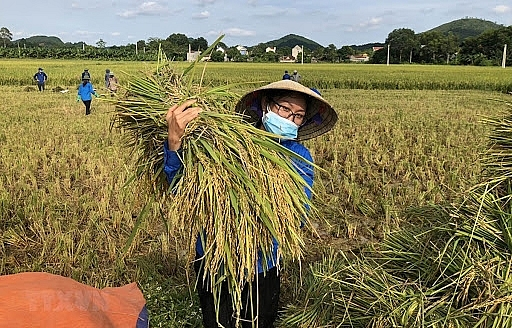 | Vietnam's 17 identified goals for sustainable development to 2030 Vietnam's 17 sustainable development goals to 2030 include these three goals among its seventeen: eliminating all forms of poverty in any localities; ensuring quality, equitable, ... |
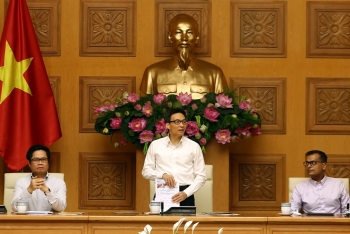 | Deputy PM meets Vietnam Business Council for Sustainable Development On June 23, Deputy Prime Minister Vu Duc Dam hosted a reception for the Vietnam Business Council for Sustainable Development (VBCSD). |
Recommended
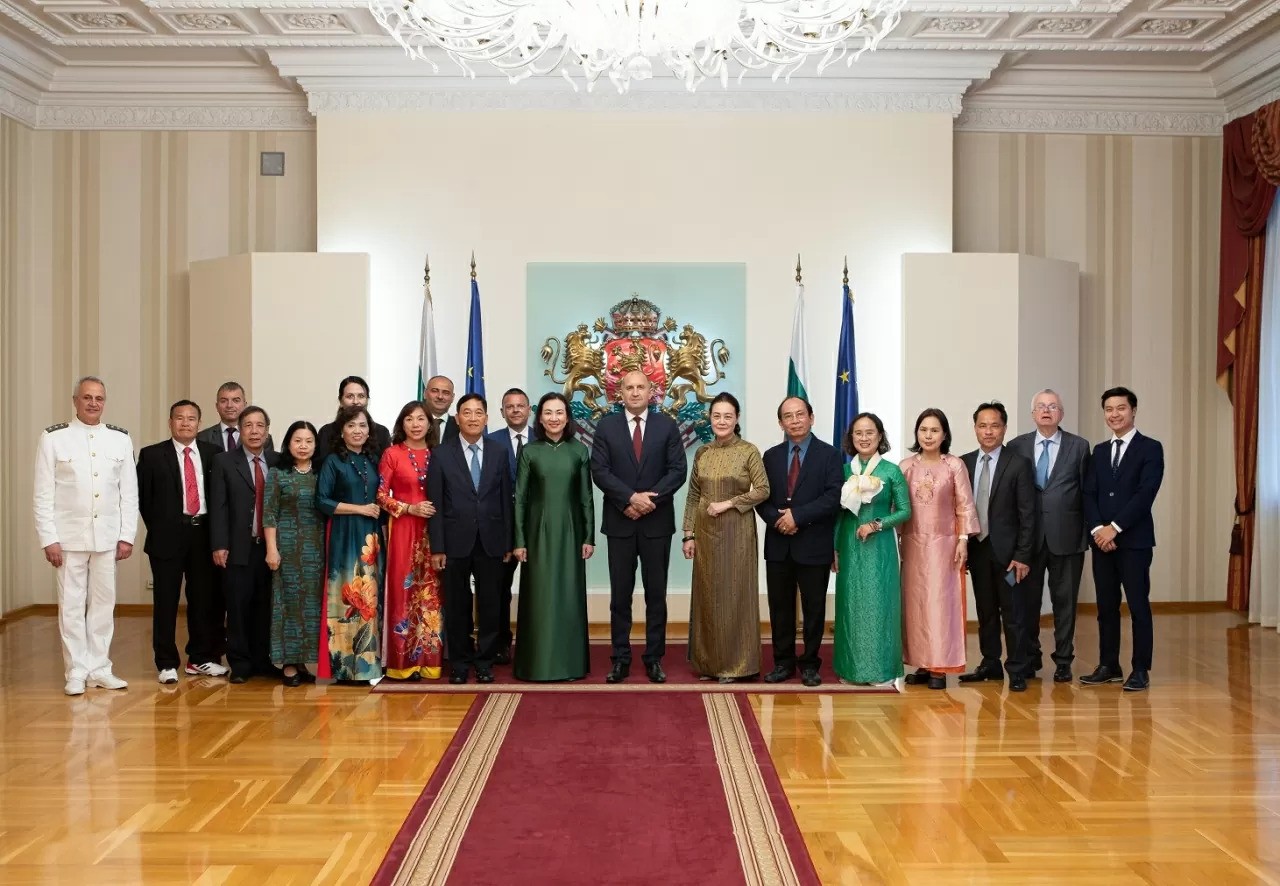 Friendship
Friendship
People-to-People Diplomacy: Sustainable Bridge of Vietnam-Bulgaria Friendship
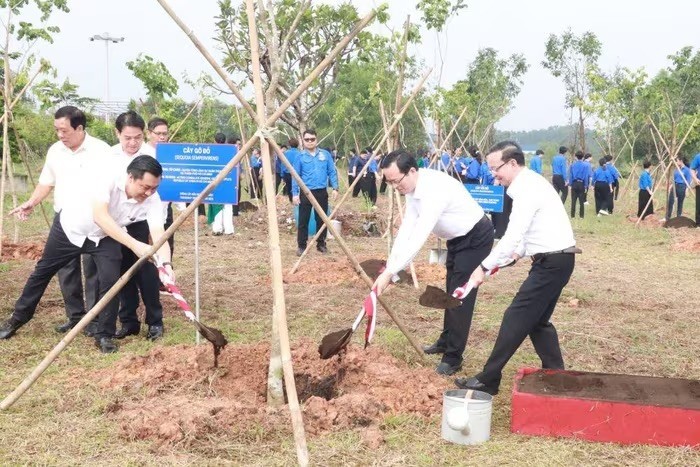 Friendship
Friendship
Binh Duong Hosts Tree Planting to Mark 75 Years of Vietnam-China Diplomatic Ties
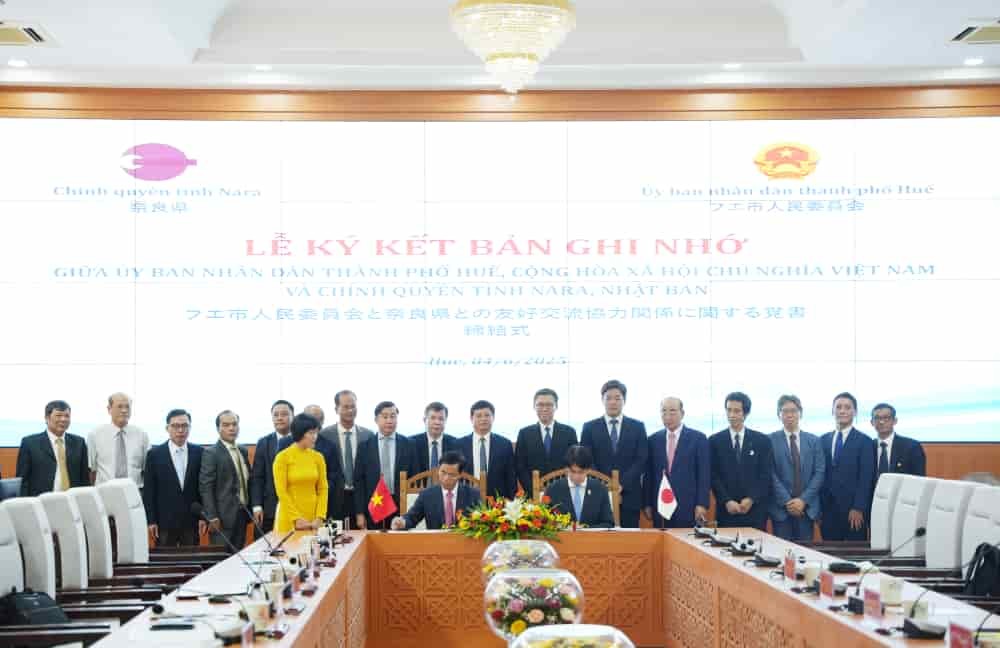 Friendship
Friendship
Hue, Nara Prefecture (Japan) Cooperate to Promote Cultural Heritage Values
 Friendship
Friendship
Strengthening Vietnam-Hungary Friendship
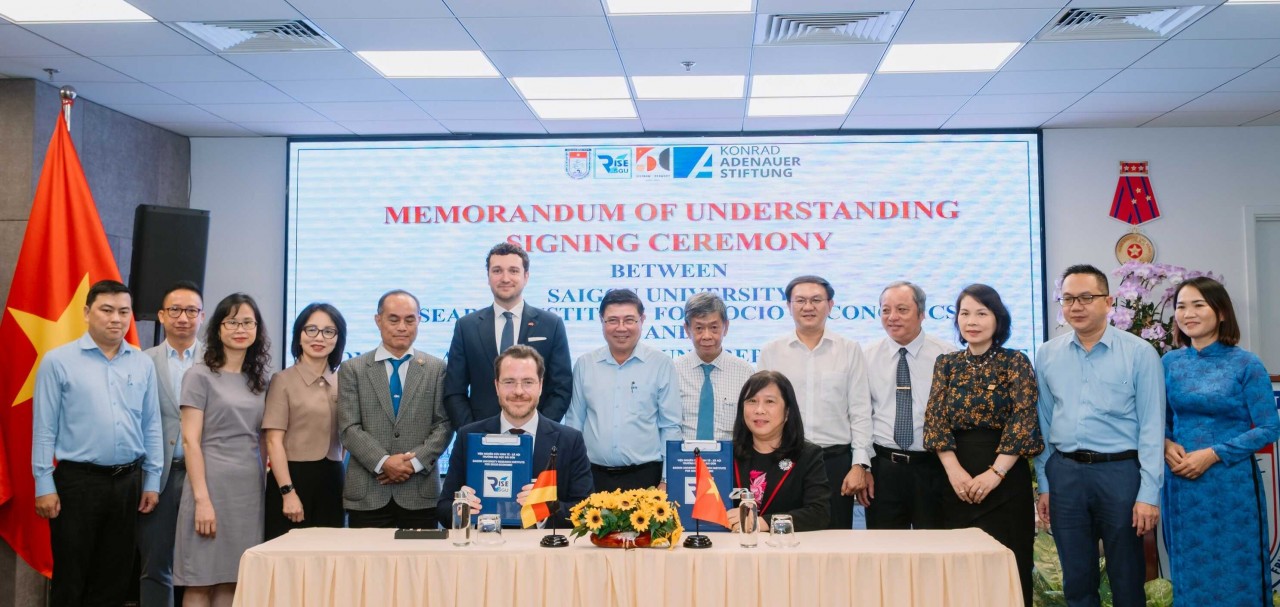 Friendship
Friendship
Another Vietnamese University Partners with Germany’s Konrad Adenauer Stiftung
 Friendship
Friendship
Over 200 Vietnamese and Russian Children Join “Red Scarf Of Friendship”
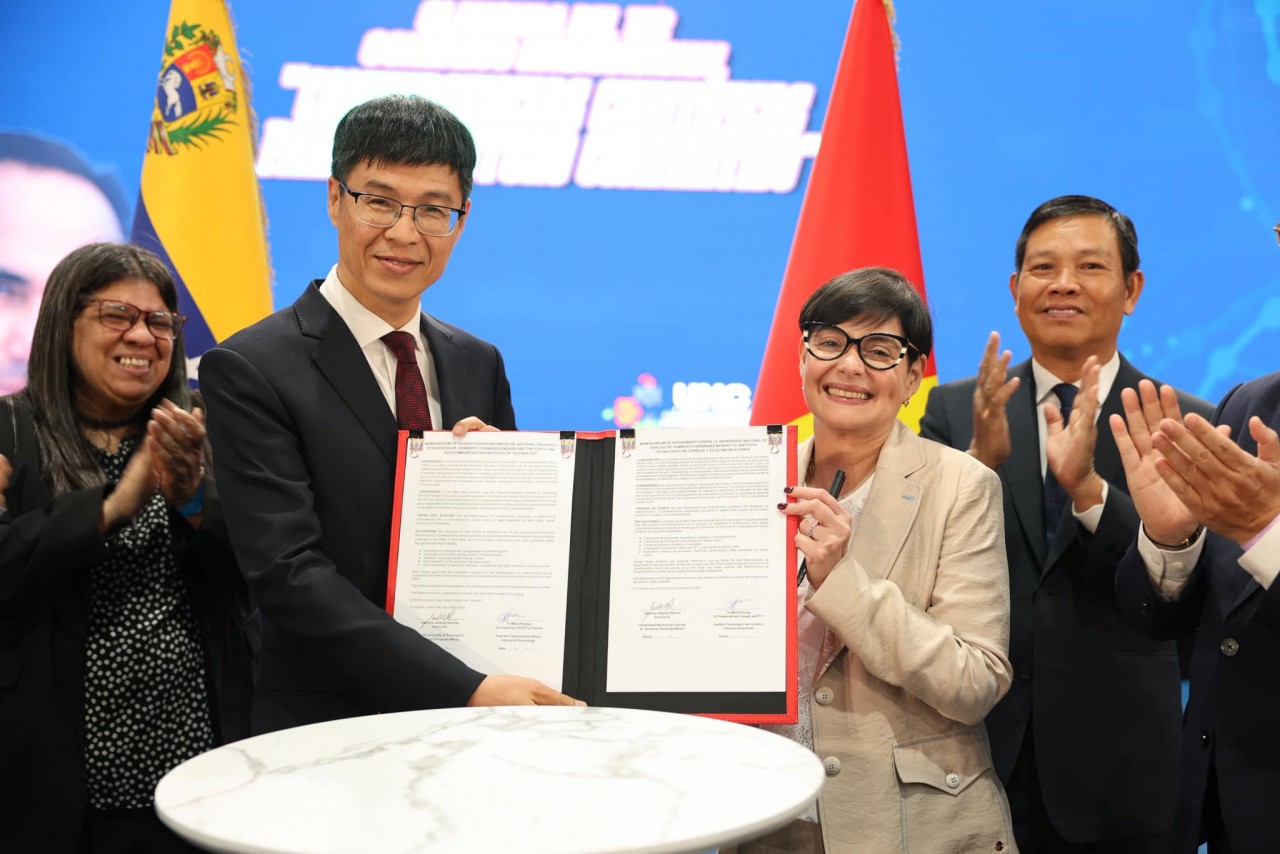 Friendship
Friendship
Venezuela Seeks Vietnam’s Expertise in Science and Technology
 Friendship
Friendship

